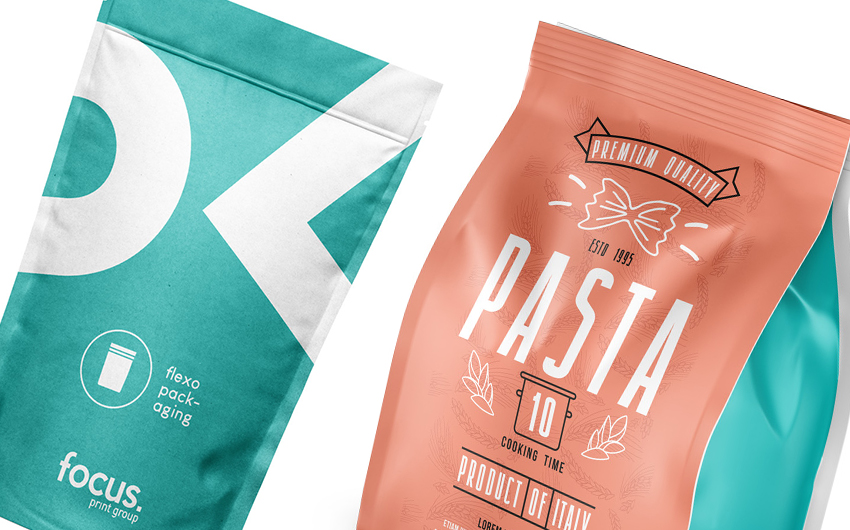
Introduction
In today’s competitive market, maintaining food safety is not just a regulatory requirement but a vital component of brand reputation. Companies that prioritize food safety build trust with consumers, leading to long-term success and loyalty. This article delves into the significance of food safety in building a strong brand reputation, focusing on its impact on consumer trust and business sustainability.
Understanding Food Safety
What is Food Safety?
Food safety refers to the handling, preparation, and storage of food in ways that prevent foodborne illnesses. It involves a series of practices and protocols ensuring that food is safe to consume from farm to table.
Importance of Food Safety
The importance of food safety cannot be overstated. It protects consumers from health risks and ensures that products meet quality standards. Proper food safety measures reduce the risk of contamination and help maintain consumer trust.
Brand Reputation and Consumer Trust
Linking Food Safety to Brand Reputation
Your brand’s reputation is intricately linked to how well you manage food safety. A single food safety incident can tarnish a brand’s image and result in a loss of consumer trust. Therefore, prioritizing food safety is essential for any brand aiming to uphold its reputation.
Consumer Trust: The Ultimate Goal
Building consumer trust is the cornerstone of success in the food industry. When consumers trust that a brand consistently delivers safe and quality products, they are more likely to become loyal customers, enhancing brand reputation.
Strategies for Ensuring Food Safety
Implementing Strict Quality Control
Quality control is fundamental to food safety. Companies should implement rigorous testing and monitoring processes to ensure that every product meets safety standards. This not only protects consumers but also reinforces the brand’s commitment to quality.
Training and Education
Employee training is crucial for maintaining food safety. Regular training sessions ensure that all staff members are aware of the latest safety protocols and best practices, reducing the likelihood of errors that could compromise food safety.
Utilizing Technology
Technology plays a significant role in enhancing food safety. From automated systems that monitor temperatures to software that tracks supply chain activities, technology helps ensure that food remains safe throughout the production process.
Impact of Food Safety on Brand Reputation
Case Studies of Success and Failure
Examining case studies of brands that have successfully managed food safety can provide valuable insights. Additionally, analyzing cases where lapses in safety led to reputational damage highlights the importance of maintaining high safety standards.
Long-term Benefits of Prioritizing Food Safety
Investing in food safety yields long-term benefits for any brand. It not only prevents costly recalls and legal issues but also builds a reputation for reliability and trustworthiness, leading to sustained consumer loyalty.
The Role of Marketing in Food Safety
Communicating Food Safety Efforts
Effective marketing strategies can communicate a brand’s commitment to food safety. Transparency in safety measures and open communication about quality assurance processes can enhance consumer trust and positively impact brand reputation.
Leveraging Social Media
Social media platforms offer an avenue for brands to showcase their food safety initiatives. Engaging content that highlights safety practices can reach a wide audience, reinforcing the brand’s dedication to consumer safety.
Challenges in Maintaining Food Safety
Supply Chain Complexities
The modern supply chain is complex, with multiple parties involved in the production and distribution of food. Ensuring food safety across all stages requires coordination and collaboration with suppliers and partners.
Regulatory Compliance
Adhering to regulatory requirements is vital for food safety. Brands must stay informed about changing regulations and ensure compliance to avoid legal issues and potential damage to brand reputation.
Conclusion
In conclusion, food safety is a crucial factor in building and maintaining a strong brand reputation. By prioritizing safety, companies can protect their consumers, enhance their reputation, and achieve long-term success. Marketing professionals play a pivotal role in communicating safety efforts, ensuring that consumers recognize and trust the brand’s commitment to quality.

FAQs
Why is food safety important for brand reputation?
Food safety is vital for maintaining consumer trust and preventing reputational damage. Ensuring food safety demonstrates a brand’s commitment to quality, leading to consumer loyalty.
How can brands effectively communicate their food safety efforts?
Brands can use marketing strategies and social media to highlight their food safety initiatives. Transparency and open communication about safety measures help build consumer trust.
What are the challenges in maintaining food safety?
Challenges include supply chain complexities and regulatory compliance. Brands must coordinate with suppliers and stay informed about regulations to ensure safety standards are met.
This article contains affiliate links. We may earn a commission at no extra cost to you.





